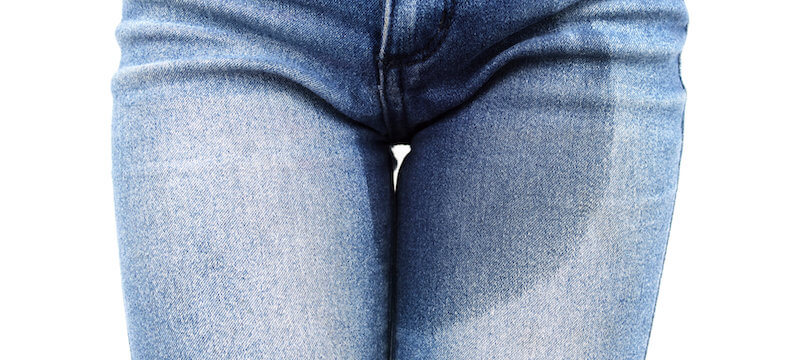
A leak. A dribble. A little wetness. Whatever you call it, it’s name is stress urinary incontinence, or stress incontinence. It’s incredibly common among women in the United States, and it’s often preventable and treatable.
Half of all women will have loss of control of our bladder at some point in our lives. Once we have it, it typically gets worse – not better – with time. Stress incontinence does not discriminate between ethnicity, lifestyle or fitness level. It can affect any woman regardless of age, weight, motherhood or whether she’s experienced any pelvic trauma. Even teens can suffer urine loss.
What exactly is stress urinary incontinence, or stress incontinence?
Stress urinary incontinence occurs when urine unintentionally leaks during the pressure of a sneeze or cough, or the exertion of something like a strenuous run or workout. Having urinary leakage or loss of control of your bladder can be a sign of something more serious, but more often than not, it is simply a result of the muscles in that area not working together as well as they should. It can be triggered by something as intense as a power lift or as gentle as a giggle, depending on the severity of the issue.
What causes stress urinary incontinence?
Simply put, stress incontinence occurs if the pressure on your bladder (called the intra-abdominal pressure) is greater than the pressure created by the urethral sphincter. The sphincter works to control the flow of urine out of the body, operating as the first line of defense. The pelvic floor assists in controlling the bladder and can function as a back-up system. If you can generate enough force with the pelvic floor to hold back the flow of urine, then you can control your bladder, even if there has been some minor trauma to the sphincter, as commonly occurs with vaginal births. If the pelvic floor is too weak to be effective, the stress of the intra-abdominal pressure can cause leakage.
What factors increase the risk for leakage?
While any woman can experience stress incontinence, there are some things that can increase your risk for it. While this is not an all-inclusive list, these are some of the most common situations that increase the chance of having urinary leakage.
- Vaginal birth
- Multiple vaginal births
- Post-menopausal hormonal changes
- Weak or deconditioned pelvic floor
- Sedentary lifestyle
- Overweight
- Pelvic Surgery
What can I do to stop urinary leakage?
As we mentioned earlier, the urethral sphincters hold back the flow of urine, and situations like vaginal childbirth can overstretch or traumatize the tissues. However, our bodies are miraculously designed to have an interwoven back-up system. While we can’t always correct the damage to the sphincters, we can increase the strength of its external support. That’s where the pelvic floor comes in. Pelvic floor physical therapy gives women the opportunity to strengthen the pelvic floor and increase the “squeeze” strength of the external urethral sphincter. When that squeeze strength exceeds the abdominal pressure pushing on the bladder, leaking is stopped.
How does pelvic floor physical therapy (often called pelvic floor rehab) work?
Pelvic floor physical therapy, just like any other physical therapy, helps you train and increase your strength based on the needs of your lifestyle. Smart Body Physical Therapy uses perineal biofeedback to help women retrain the muscle coordination of the pelvic floor. “Normal” strength during biofeedback is considered 5/5 power (or muscle strength) for 10 repetitions of 10-second holds. While some women will only need a basic introduction to the proper muscle contraction in order to stop leakage, other women will need to develop a stronger than “normal” strength for the pelvic floor. This can be accomplished by using vaginal weights. Highly athletic women may need to add resistance training or vaginal weights to increase the pelvic floor resistance so that the fitness level of the pelvic floor matches the intensity of the activities they are doing.
Smart Body Physical Therapy is a leader in pelvic health physical therapy throughout Northeast Florida and beyond. Specializing in women’s health and pelvic health, they help their patients regain the ability to truly Savor Life. To schedule a physical therapy evaluation to see if pelvic floor physical therapy is right for you, contact the Smart Body clinic at 904-296-4140.
* Be sure your pelvic floor rehab is being provided by a licensed physical therapist who specializes in women’s or pelvic health. To find out, just call and ask your provider!
